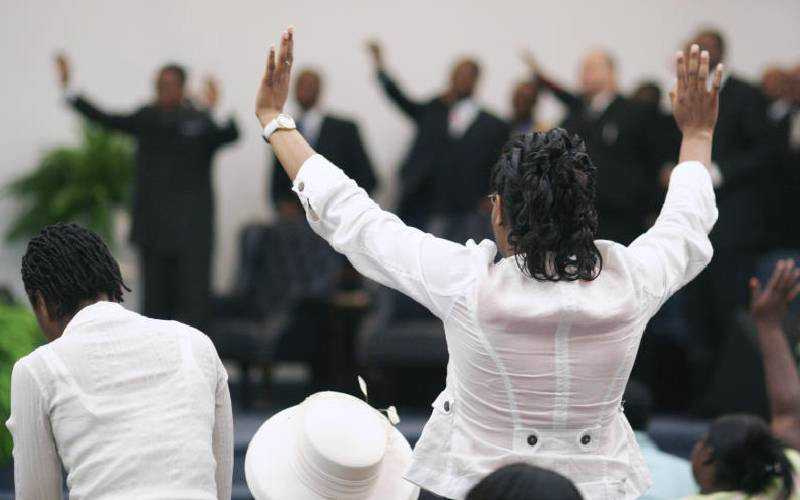
With all due respect, I want to state that spiritual houses cannot defend themselves when the sounds coming from them are described as noise. Noise in this case is more than the quality and volume of the sounds. It implies also the value of the sound. If the sounds would be a modern-day re-enactment of the Jericho moment, maybe it would be justified. It would be a sound to be desired. Some would even get entrepreneurial and package the divine frequency decibels for money!
But the sounds Nairobi Governor Johnson Sakaja wants to mute do not manifest any wall-crashing power. If they have such power, it is hidden from church neighbours. This invisibility of the value of the sound emanating from churches grants a basis for criticism. Some neighbours may not like the Curch in general and would take any opportunity to bash it. But others may be willing to allow the noise if it displayed value. With evidence lacking, sympathetic tendencies dry up. The emptiness in the loudness makes those affected claim their right to peace and tranquility.